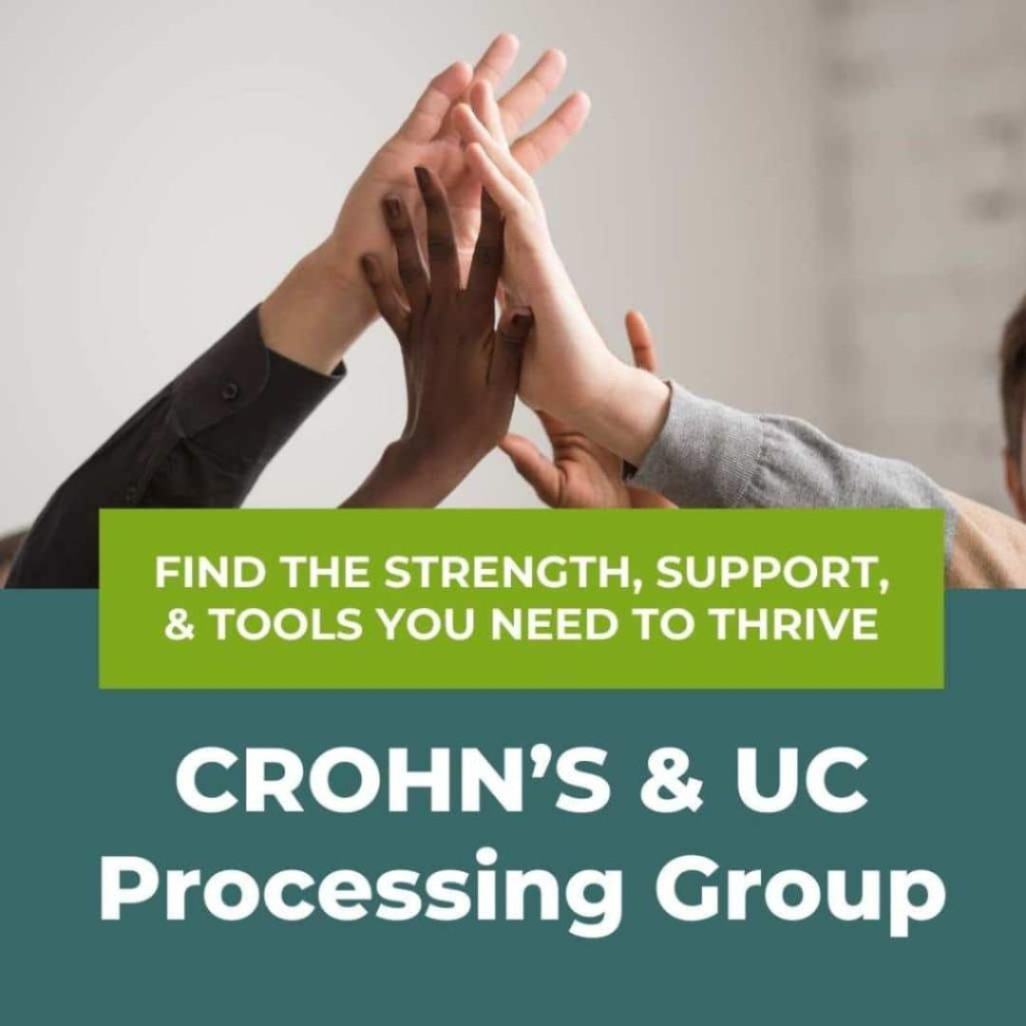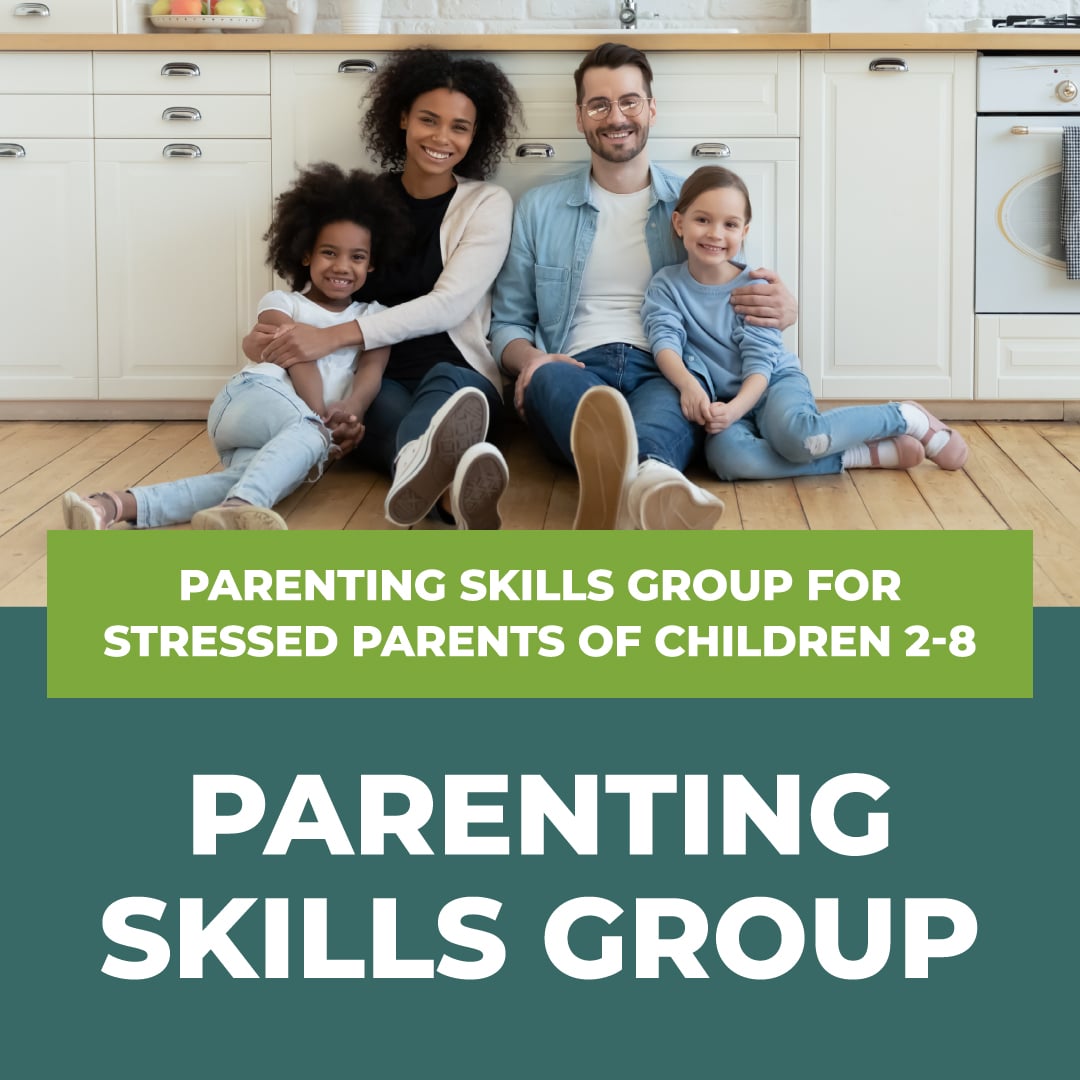November 19, 2018
Want to Understand Your Teen? Caution! Their Brain is Under Construction
Written by Rachel Eddins
Posted in Teen Counseling and with tags: parenting, teens

Do you understand your teen?
Do you get who they are… or who they want to be? Or have you chalked up their moods and tendency to take risks as a phase of random choices and hormonal drama you must endure until maturity takes hold?
Daniel J. Siegel, MD, a clinical professor of psychiatry at UCLA School of Medicine and author of Brainstorm: The Power and Purpose of the Teenage Brain takes a view of adolescence that is much different from much of pop culture and media depictions.
Teen life is not, Siegel maintains, a crusade of immature aimlessness. He encourages parents to take a different view of their adolescence. A scientific, creative, and more compassionate view.
Understand that Brain Building is A Teen’s Most Important Job
To do this well, parents are advised to think of the teen years as a period of brain construction and remodeling rather than some sort of haphazard progression of changes without rhyme or reason. In truth, their brains are under construction, transitioning quite logically and naturally from child to adult in a process that deserves careful consideration, thorough communication, and real respect.
If you, as your teen’s guide and mentor, can see the changes in their brain as the normal evolution of maturity, you’ll be able to relax a bit knowing that they are adhering to an age-old mental and emotional design plan. You’ll better recognize and facilitate the layers of knowledge they need to adequately experiment, engage self-discovery and dive into healthy relationships.
Learn to Appreciate Your Teen’s Mental Construction Zone Components
A construction site is a place of imagination and innovation. What exists in the mind works its way up from the ground into reality. The work may involve tearing down and rejection of the site’s original plans for the sake of something new.
In other words, that confusion you have regarding your teen’s behavior has a lot to do with their need to tear down some of your instruction in order to reimagine life. They need to move away from you and the hard and fast “blueprint” of their childhood.
According to Dr. Siegel, it’s vital that you recognize the building blocks of his or her cognitive construction project to understand your teen. They form what he calls their adolescent “essence” or ability to reimagine themselves.
What are those building blocks? Siegel breaks them down like this:
- Novelty-seeking: that risk-taking, experimentation quality
- Social engagement: a deep desire to seek out and connect deeply with peers
- Increased emotional intensity: the deepened desire to think in more abstract, meaningful ways
- Creative exploration: an enthusiastic willingness to innovate and dispel with traditional methods to discover new ways of trying things
Noticing these areas of brain restructuring can go a long way in helping you appreciate the new abilities your child is developing positively (and with far less anxiety on your part)!
The primary parenting goal is to tread carefully, supporting your child’s growth. Identifying and discussing their experiences can help you take protective safety measures when necessary, without trampling their new perceptions and freedoms.
Give Your Teen Room to “Integrate” their Mental Messiness
 The brain changes in your child’s teen years and early twenties produce progressive levels of brain integration.
The brain changes in your child’s teen years and early twenties produce progressive levels of brain integration.
This just means that the different parts and functions of the brain become more and more connected, working together for the sake of their well-being. Siegel’s research supports the idea that the general purpose of the adolescent years is to actually overhaul or remodel the brain for the sake of eventual, complete, and healthy integration.
What’s happens as a result of integration?
Dr. Siegel’s research indicates that your teen’s brain “prunes” or demos some basic brain cells along with its coordinating synapses. This is done to create newer, faster, more coordinated connections. Call it “ architectural restructuring” of the brain.
The result? An ability to create, adapt and engage in novel activities that are unique to the adolescent period.
Consider adolescence the perfect time to create new ways of doing things. Join your child in this process. Guide their efforts safely but don’t control them or squelch their enthusiasm. This can be a very good thing if you and your teen work at a solid relationship based on open communication, compassionate boundaries, and respect.
Consider too, that this the perfect time for you to temper your teen’s tendency to move quickly between emotional abstraction and hyper-logical experimentation with honesty, kindness, and a real willingness to work through their needs with them. Be an ally in their push away from you. Reassure them in areas that demonstrate good judgment. Tell them how proud you are that they can do great things in that area without you.
And when they struggle? Communicate your concern and brainstorm solutions together for safe exploration. Resist the urge to hold them back or criticize. Your teen needs you to be committed to the integration of their brain. This is a project that cannot be called off or delayed. Help them see it through competently and certain of their ability to stand strong.
Understand your Teen with Strong Support & Solid Skills
Finally, you’re not alone. You want your child’s potential to be realized. You also want both of you to survive the teen years without major catastrophe or complete communication breakdown. It can be difficult to shift from thinking that the teen years are destructive and problematic to understanding that your teen is actually finding ways to become a productive and dynamic adult. Especially if things are nerve-wracking right now.
But hang in there. Get some knowledgeable help. Your teen needs you. To navigate the teen brain construction zone and understand your teen well, seek the expertise and support of a therapist(s). They can help bring order to your approach and insight into your communication.
Read more about ways family counseling at Eddins Counseling Group in Houston can help you be a more effective parent to your teen and an ally on the road to adulthood. Or consider individual counseling for your teen. Call us at 832-559-2622 or book an appointment online.






















